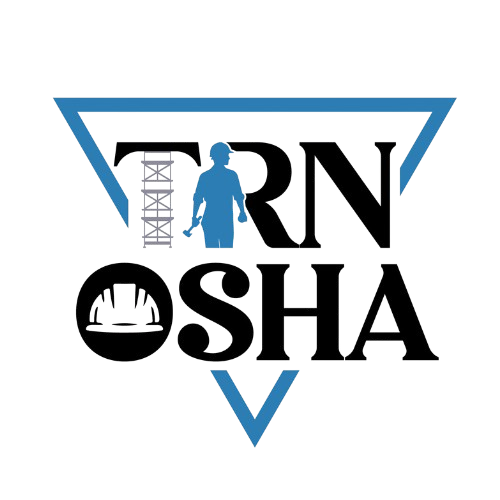Essential Safety Certifications for Construction Workers
Construction site hazards make safety training a top priority. Understanding the essential safety certifications for construction workers ensures compliance, reduces accidents, and boosts employability. Whether you’re a newcomer or contractor managing crews, this guide outlines the most critical certs for staying safe and legally protected on-site.
The essential safety certifications for construction workers include OSHA 10/30, First Aid/CPR, and fall protection training. These credentials are mandatory on many U.S. job sites and help ensure worker safety, legislative compliance, and better job opportunities.
Why Are Safety Certifications Crucial in Construction?
The construction industry consistently ranks among the most hazardous sectors in the U.S., accounting for over 20% of worker fatalities annually, according to OSHA. From operating heavy machinery to working at heights, construction workers face multiple risks daily. Certifications ensure workers:
- Meet federal and state safety requirements
- Learn how to prevent and respond to workplace incidents
- Can be employed on certified job sites, especially in high-regulation cities like New York or San Francisco
Contractors in regions such as Texas, California, and Illinois often require proof of certifications before workers can begin projects. Local agencies and unions also mandate safety credentials to qualify for certain jobs.
Top Safety Certifications Construction Workers Should Have
1. OSHA 10 and OSHA 30
The Occupational Safety and Health Administration (OSHA) offers two main certification levels:
- OSHA 10-Hour: For entry-level workers; focuses on basic safety awareness in construction.
- OSHA 30-Hour: For supervisors or those handling safety responsibilities; covers broader topics in-depth.
In states like Nevada, Connecticut, and New York, OSHA 10 is required by law for all public works contracts.
2. First Aid and CPR Certification
Quick emergency response can save lives on-site. First Aid/CPR training, widely offered by the American Red Cross, is essential for handling injuries such as fractures, burns, or cardiac events. Most employers in urban hubs like Chicago, Boston, or Los Angeles require current First Aid/CPR credentials.
3. Fall Protection Training
Falls are the leading cause of death in construction, comprising 36% of all fatalities (BLS 2022). Workers using scaffolding or lifts must undergo fall protection certification per OSHA Subpart M regulations. Cities with major construction growth—like Seattle and Austin—enforce strict compliance for working at elevation.
4. Additional Certifications to Consider
- Hazard Communication (HAZCOM)
- Confined Space Entry
- Forklift Operations
- Scaffolding Safety Training
Comparison of Common Safety Certifications
| Certification | Target Audience | Validity Period | Required By Law? | Offered By |
|---|---|---|---|---|
| OSHA 10-Hour | Entry-level workers | Does not expire, but refresher recommended after 3–5 years | Yes (in many states) | OSHA-authorized providers |
| OSHA 30-Hour | Supervisors, foremen | Does not expire, but refresher recommended after 3–5 years | Depends on job duties | OSHA-authorized providers |
| First Aid/CPR | All workers | 2 years | No (but highly recommended or required by employers) | American Red Cross, American Heart Association |
| Fall Protection | Anyone working at heights | 2–3 years (varies by program) | Yes (by OSHA for jobs with elevation risk) | OSHA-certified trainers, safety schools |
FAQ: Safety Certifications for Construction Workers
What is the most essential safety certification for construction workers?
The OSHA 10-Hour certification is widely considered the baseline safety credential for all construction workers across the U.S.
How long does it take to complete OSHA 10 or 30?
OSHA 10 typically takes about 2 days (10 hours), while OSHA 30 can take up to 4 days to complete online or in-person.
Do certifications expire?
Some, like OSHA, don’t formally expire, but most employers require refreshers after 3–5 years. Other credentials like First Aid/CPR expire every 2 years.
Are safety certifications required by law?
Yes, in many states and municipalities. For example, New York City Local Law 196 mandates OSHA training for all workers on major construction projects.
Securing essential safety certifications for construction workers is non-negotiable in today’s job market. From OSHA to CPR, these credentials protect lives and meet legal standards. Ready to upgrade your credentials?
Start where it matters most. OSHA certification is the baseline credential that employers expect and the foundation for all other safety training. TRN OSHA’s authorized courses get you certified fast with flexible online training.
Start with TRN OSHA’s authorized training provider today and take the first step toward a fully credentialed, safer, and more successful construction career.
